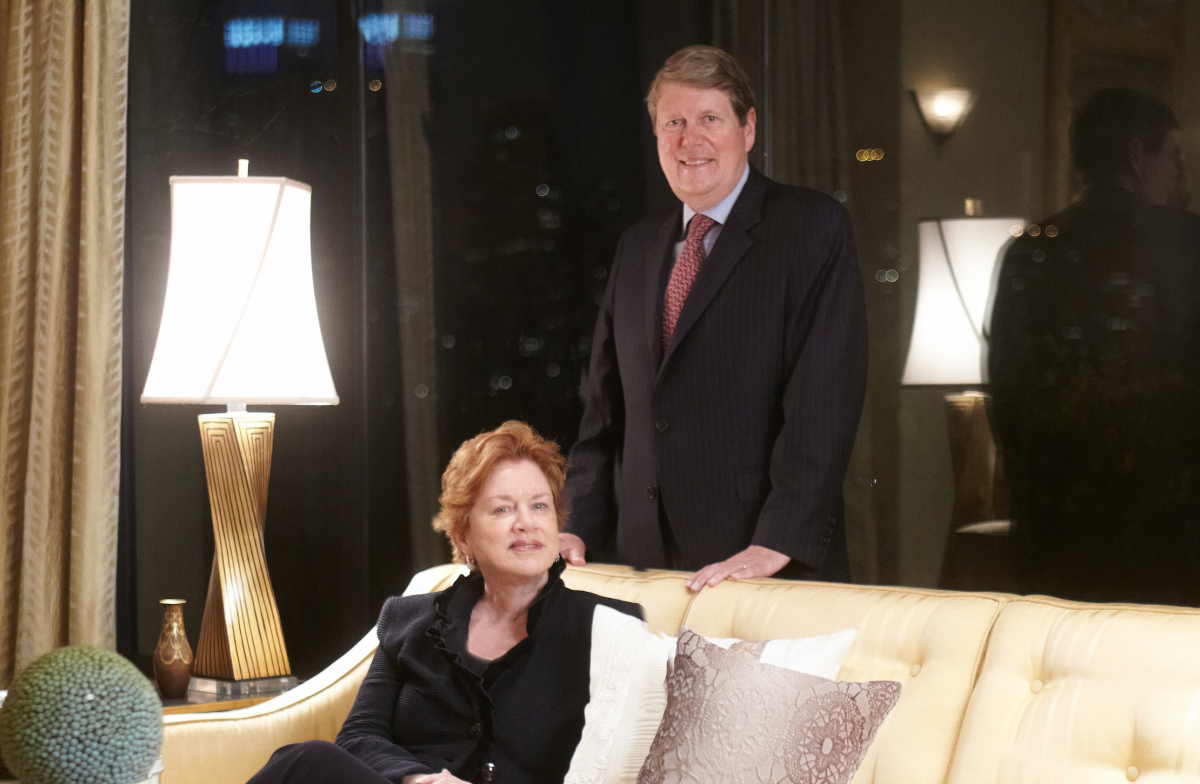
“Public health is ultimately about the quality of the human existence. At the end of the day, this is one planet—we all live on it.”
It was during the battle over health care reform, back in the early 1990s, that Russ Carson first learned about the Harvard T.H. Chan School of Public Health. When Hillary Clinton was appointed to overhaul the health care system, Carson became very interested, professionally and personally—both his private equity firm and personal investments focus on the health care industry.
As he sought out a reliable source of information to learn about possible changes to the industry, a friend introduced him to the School. When the Clinton health care plan did not materialize, Carson realized he had become deeply engaged in the mission of public health. “I hadn’t known much about it before,” he says, “but it became clear to me that public health was a way to actually improve the lives of millions of people and help shape the quality of life worldwide.”
It also became clear to him that jobs in public health are often not high-paying. “Being able to help support people who are going out to do good in the world was enormously appealing,” he says, a philosophy seconded by his wife, Judy. Thus began the Carsons’ philanthropic leadership in financial aid at the Harvard Chan School, which has spanned more than two decades. In 1994, they established the Carson Family Fellowship Fund, followed in 2001 by the Carson Family Scholarship Program. To date, these funds have provided financial aid for 112 students. The Carsons recently renewed their support for the Scholarship Program with a gift of $500,000. In addition, they contributed $100,000 to the Julio Frenk Doctor of Public Health Fellowship Fund.
Russ Carson’s hope is that their gifts will help lift the quality of life globally. “Public health is ultimately about the quality of the human existence,” he says. “At the end of the day, this is one planet—we all live on it. We’re all facing the same obstacles, to different degrees. The whole concept of public health is a brilliant one.”
Carson notes that, as residents of New York City, he and his family focus most of their philanthropy on that city’s educational, health care, medical research, poverty-fighting, cultural, and quality-of-life institutions. The Harvard Chan School, he concedes, is a bit of an outlier. But he believes that public health is profoundly important. “We’re very proud to be involved with the School,” he says. “It’s a world-class organization, and what its students and alumni are doing really does have a global impact.”







